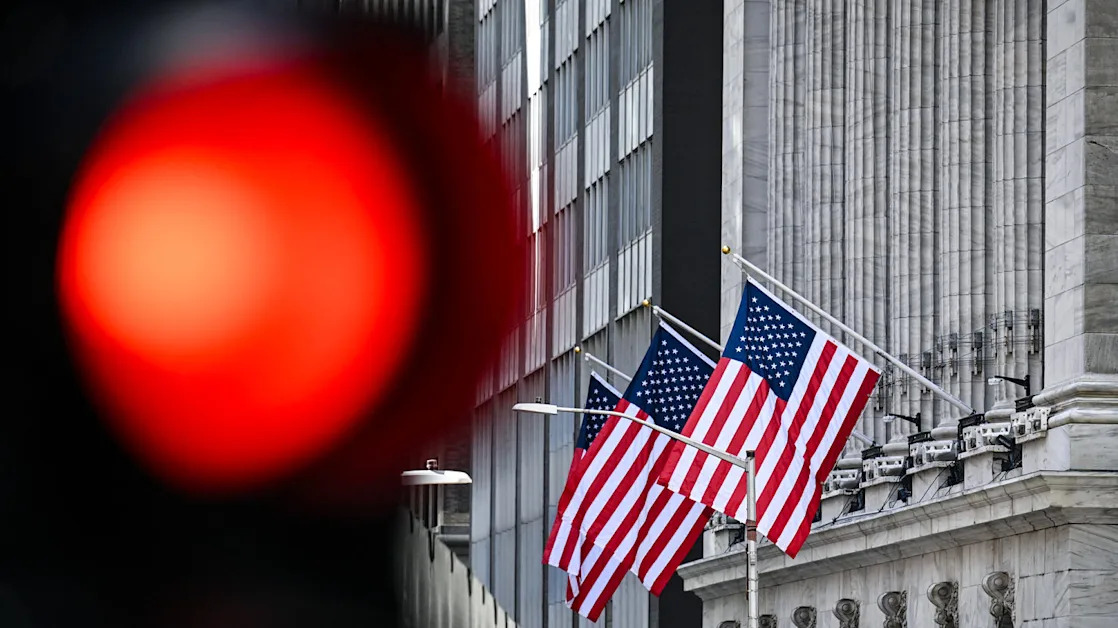
Stocks rip higher after Trump scales back tariffs
President Donald Trump’s tariff policy continued having a dizzying effect on global markets Wednesday, causing U.S. government borrowing costs to surge while stocks saw choppy trading as China ratcheted up retaliatory tariffs.
The major U.S. stock indexes swung back and forth after the opening bell. But then they surged when Trump said he would pause higher tariff rates for 90 days on dozens of trading partners while keeping the 10% baseline levy he implemented last week. He also raised tariffs on China to 125% total.
The broad S&P 500 gained more than 9%, its biggest jump in years, wiping out a large chunk of the losses from the past few days. The Dow Jones Industrial Average surged nearly 3,000 points, while the Nasdaq had its biggest day in 24 years.
Trump said he backed off the larger tariffs, which went into effect at 12:01 a.m. ET Wednesday, because his administration got calls to negotiate from more than 75 countries, while China retaliated. No deals have been struck. Treasury Secretary Scott Bessent said Wednesday, after days of steep losses in markets, that Trump is seeking "bespoke" trade deals with each country.
Before Wednesday's rally, analysts had warned that any gains may simply be the result of thinly traded volumes as an increasing share of investors seek to wait out the volatility.
While investors' recent focus had been on the massive sell-off in stocks since Trump's shock tariffs announcement a week ago, trouble in the market for government debt raised the prospect of more serious financial instability.
As the tariffs went into place just after midnight, the yield, or interest rate, demanded by investors to lend to the U.S. government began to climb swiftly — undermining one of the White House’s key arguments for going through with the tariffs strategy .
Some analysts said a continued disorderly sell-off increases the prospect of an emergency intervention by the Federal Reserve.
“If recent disruption in the US Treasury market continues we see no other option for the Fed but to step in with emergency purchases of US Treasuries to stabilize the bond market,” George Saravelos, the global head of FX strategy at Deutsche Bank, wrote in a note.
In an interview Wednesday morning on Fox Business, JPMorgan Chase CEO Jamie Dimon said a U.S. recession seems likely as a result of Trump’s tariffs and the resulting trade war it has touched off.
“I think probably that’s a likely outcome, because markets, I mean, when you see a 2,000-point decline [in the Dow Jones Industrial Average], it sort of feeds on itself, doesn’t it,” Dimon said.